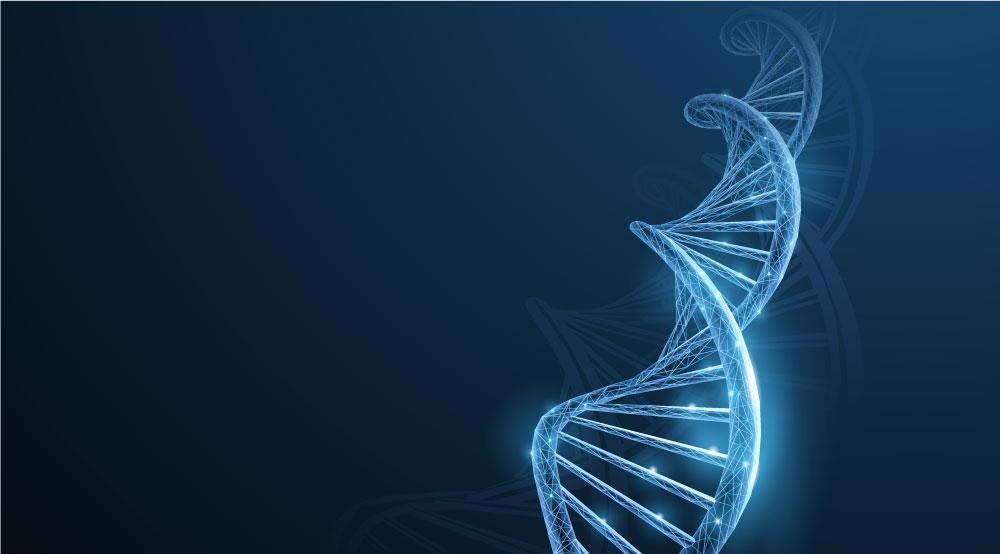
Image Credit: Istituto Italiano di Tecnologia.
One of these key technologies is DNA digital data storage. DNA-FAIRYLIGHTS is a European-funded project that aims at combining this bioinspired technology with nanomaterial science to decorate DNA sequences using colorful nano-lights. This indeed will support faster read/write processes and unique data encoding concepts.
Roman Krahne and Denis Garoli, Principal Investigator and Senior Researcher at the Optoelectronics group at the Istituto Italiano di Tecnologia (Italian Institute of Technology-IIT) in Genova (Italy) are the project coordinators.
The project also includes an interdisciplinary team of eminent researchers from Italy, Germany, France, Spain, Switzerland and the UK. The European Union under the Horizon 2020 framework program is funding this project with 3.1 million euros for the next 3 years.
The huge volume of data produced by society is increasing rapidly. Storage of digital data is carried out in the form of bits as a series of ones and zeros. Multiple billions of such data bits generated by everyone should be stored on devices such as smartwatches, tablets, mobile phones and computers.
Thus, the need for new, smart and energy-efficient technologies capable of storing data is of the utmost importance for a sustainable society. DNA – a powerful solution provided by nature – is where the information that describes our organisms is encoded in unique sequences of four bases (A, T, C, G).
Exceptional high storage density, low fabrication costs and long-term stability are achieved when DNA molecules are utilized as information carriers in modern technologies.
However, the capabilities of DNA data storage can be unlocked by overcoming a few key obstacles: the lack of quick reconfiguration that would be at the base for read/write processes, the ongoing slow reading of the DNA sequence, and the expensive ex-new fabrication of the targeted DNA sequence by enzymatic synthesis.
Moving the digital data storage to a new level is the focus of the DNA-FAIRYLIGHTS project. This will be achieved by increasing the binary zero/one concept to the broad spectrum of diverse colors, where multiple colors incorporated in the DNA sequence will be able to encode information in a more compact manner.
The main plan here is to use a series of extremely small nanoparticles with varied colors to decorate the DNA sequence, and also use optical technologies to read this sequence. These optical technologies are quicker than electrical ones and more energy-efficient as they dispel very little heat.
Single DNA strands have a unique recognition ability that will be used both for defining the DNA sequence, that encodes data and for reconfiguring the sequence that helps in modifying and rewriting the data.
The project aims to create unique nanomaterials for light encoding, design innovative reader devices, develop new algorithms for data storage beyond the binary zero/one level and build the resources for science tech industries of the future.
The DNA-FAIRYLIGHTS consortium includes Istituto Italiano di Tecnologia (as coordinator, Italy), University of Cambridge (UK), CIC biomaGUNE (Spain), DNASCRIPT (France), Elements (Italy), Universität Stuttgart (Germany), Eidgenössische Technische Hochschule Zürich (Switzerland), Technische Universität München (Germany), AB ANALITICA (Italy).